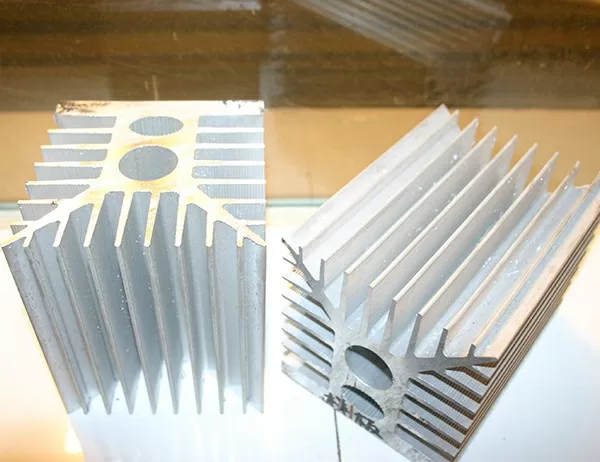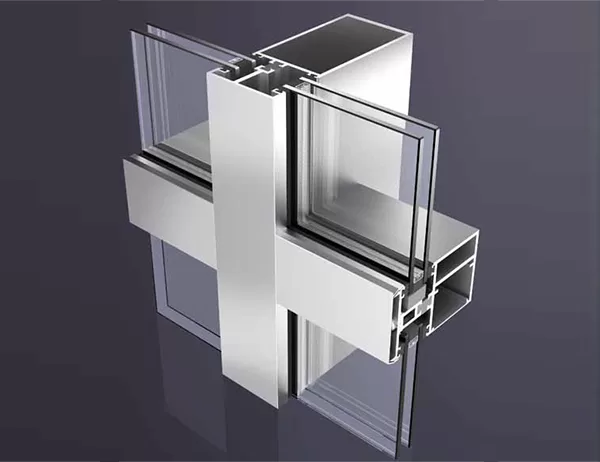Hydraulic decoiler machines are essential equipment in the metalworking industry, used to unwind and feed metal coils into production lines. With various designs available, each offering unique advantages and drawbacks, selecting the optimal machine for a specific application is crucial. This article explores the pros and cons of different hydraulic decoiler machine designs to assist decision-making.
Advantages of Different Designs
Single-Axis Hydraulic Decoiler
Pros:
– Simple and cost-effective design
– Compact size ideal for space-constrained areas
– Easily integrated into existing production lines
Cons:
– Limited coil capacity and handling capabilities
– Requires additional support equipment for heavy coils
– Prone to jamming during uneven coil unwinding
Double-Axis Hydraulic Decoiler
Pros:
– Larger coil handling capacity than single-axis decoilers
– Improved stability and reduced jamming risks
– Can accommodate wider coils and handle heavy loads
Cons:
– More complex design and higher cost of ownership
– Requires more maintenance due to additional moving parts
– May require specialized operators
Vertical Hydraulic Decoiler
Pros:
– Ideal for handling narrow coils
– Vertical orientation minimizes floor space requirements
– Provides unobstructed access for maintenance and inspection
Cons:
– Limited coil capacity compared to horizontal decoilers
– Requires a specialized foundation or support structure
– Can be challenging to integrate into existing production lines
Horizontal Hydraulic Decoiler
Pros:
– Highest coil handling capacity and versatility
– Can accommodate various coil widths and thicknesses
– Easier to integrate into production lines and automate
Cons:
– Requires a larger footprint and ample floor space
– Prone to coil damage if not properly handled
– May require additional handling equipment
The selection of an optimal hydraulic decoiler machine design depends on specific application requirements, coil characteristics, and production capabilities. Single-axis decoilers are suitable for small and light coils, while double-axis and vertical decoilers provide superior handling capabilities for heavier and wider coils. Horizontal decoilers offer the highest capacity and versatility but require ample space. By carefully considering the pros and cons of each design, manufacturers can make informed decisions to enhance their production efficiency and safety.




